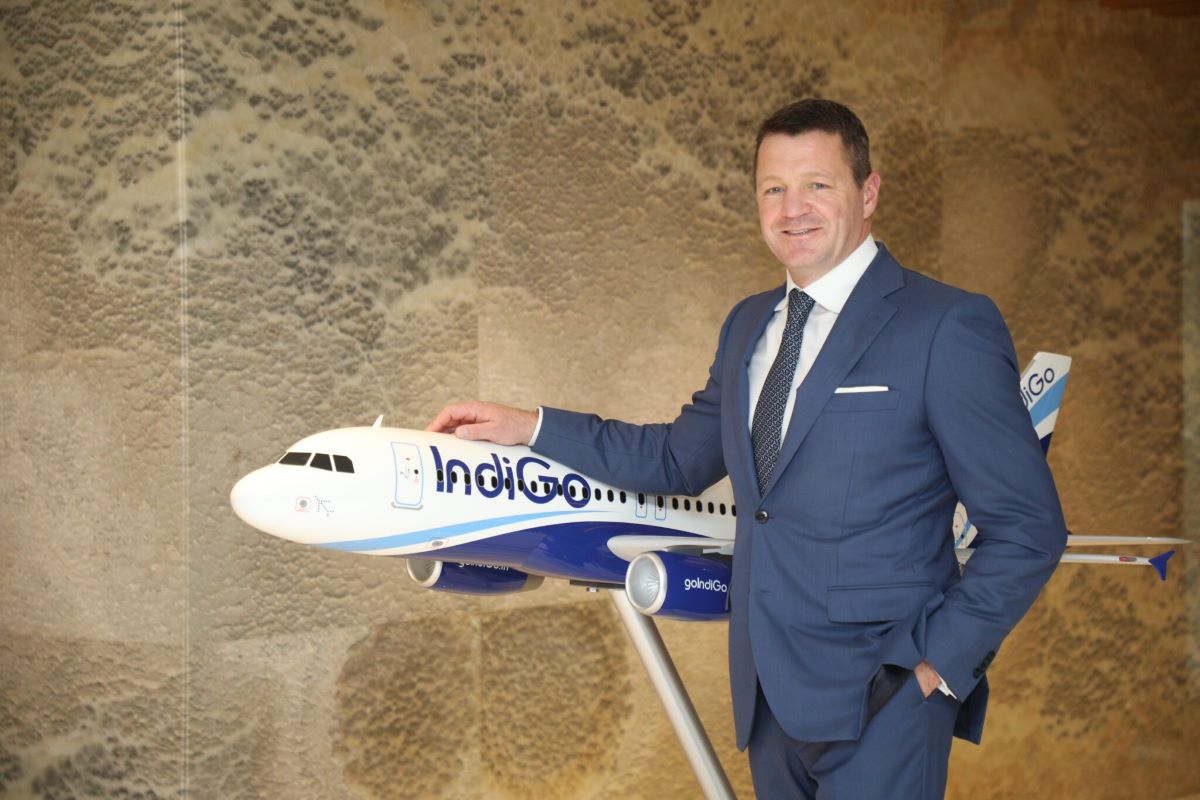IndiGo Posts Loss But Sticks to Global Growth Plan

Skift Take
IndiGo reported its first quarterly loss in two years. But coming growth in India's aviation sector should help it get past that.
Budget carrier IndiGo on Friday reported a loss of INR 9.9 billion ($118 million) in the most recent quarter – a reversal after seven straight profitable reports for India’s largest airline.
In its earnings call on Friday, IndiGo CEO Pieter Elbers blamed rising fuel costs and the grounding of more than 70 aircraft due problems with some Pratt & Whitney engines. He also said demand was starting to slow from high levels last year.
“In addition to these factors, as experienced in the global markets, we have also observed some normalization in the

